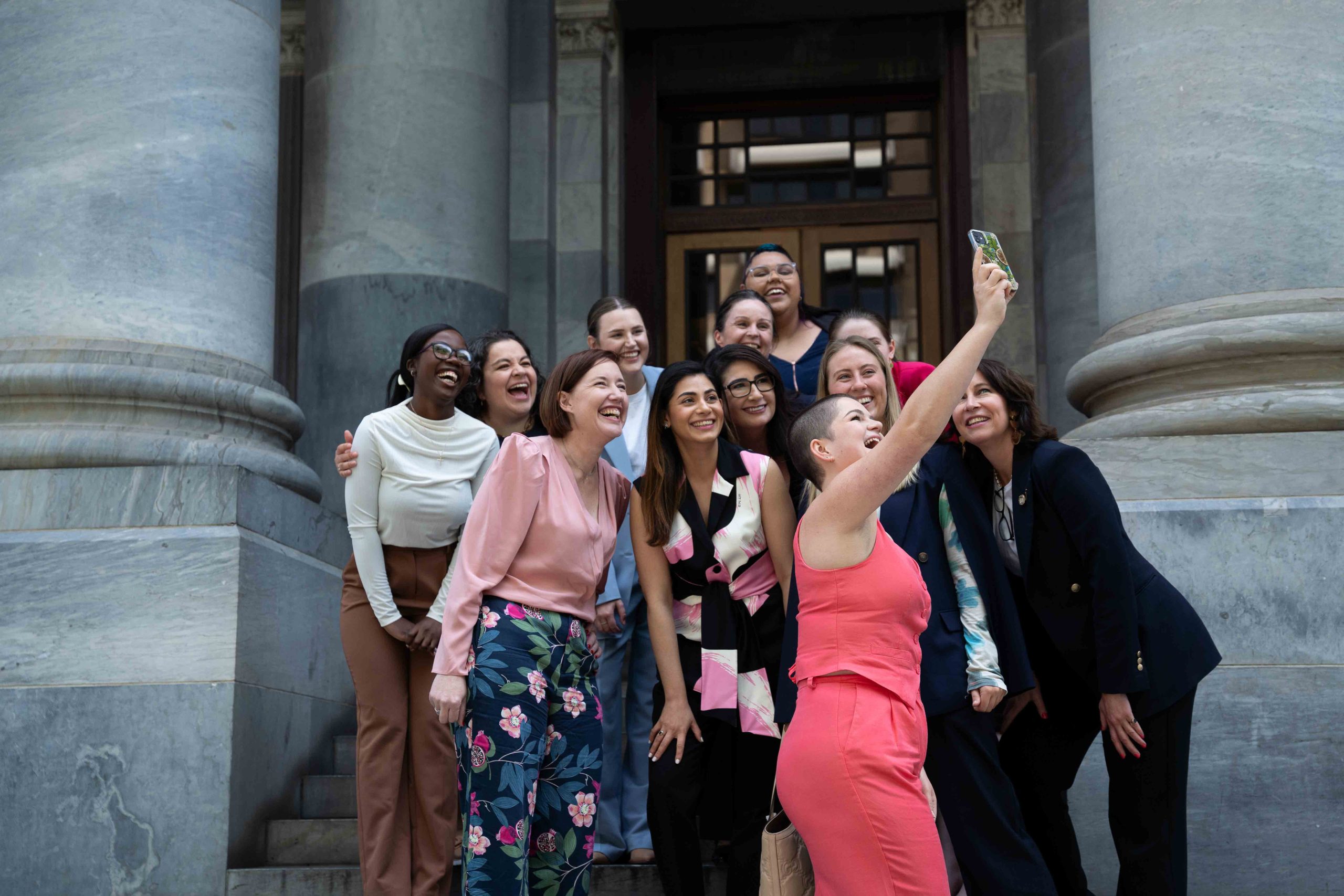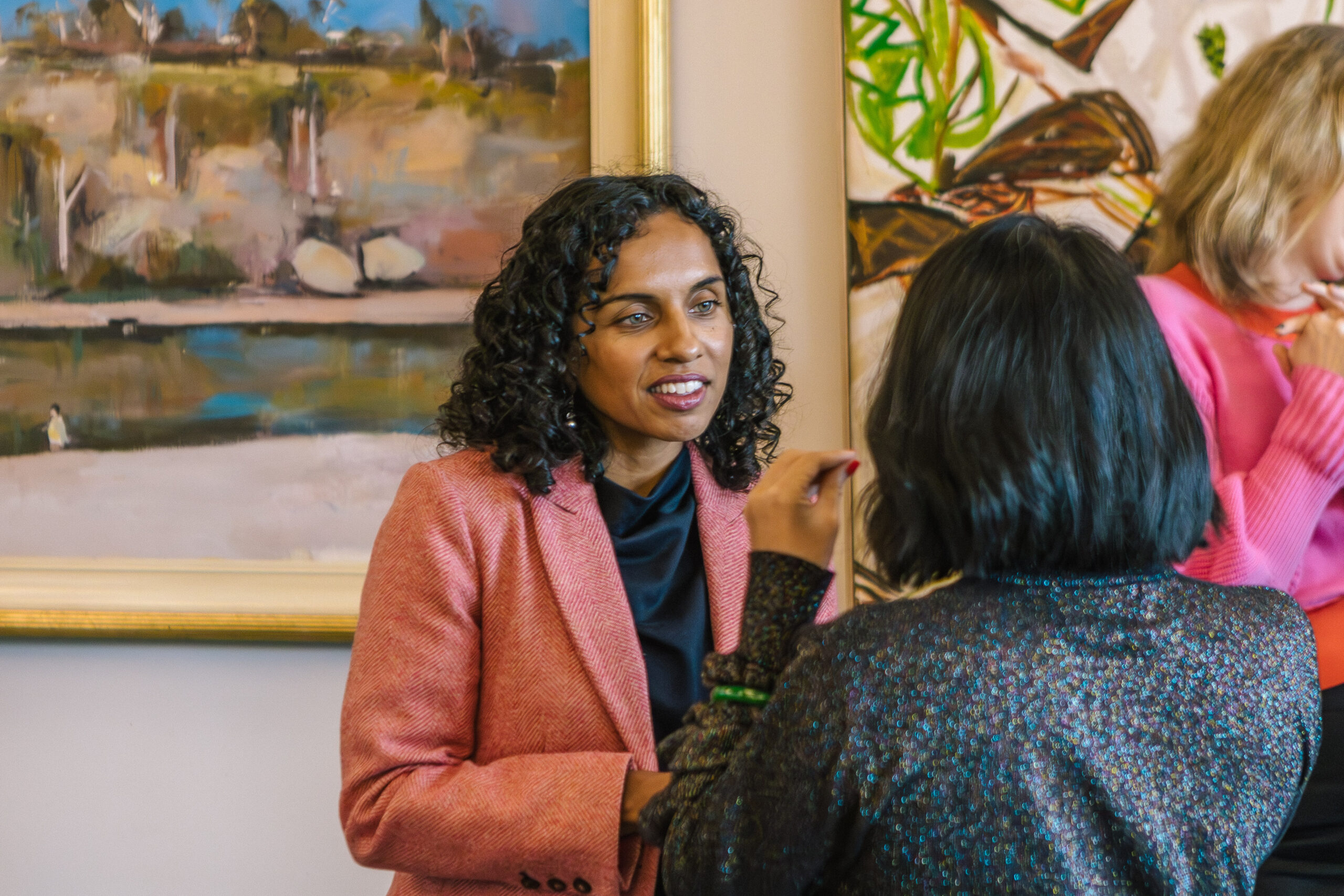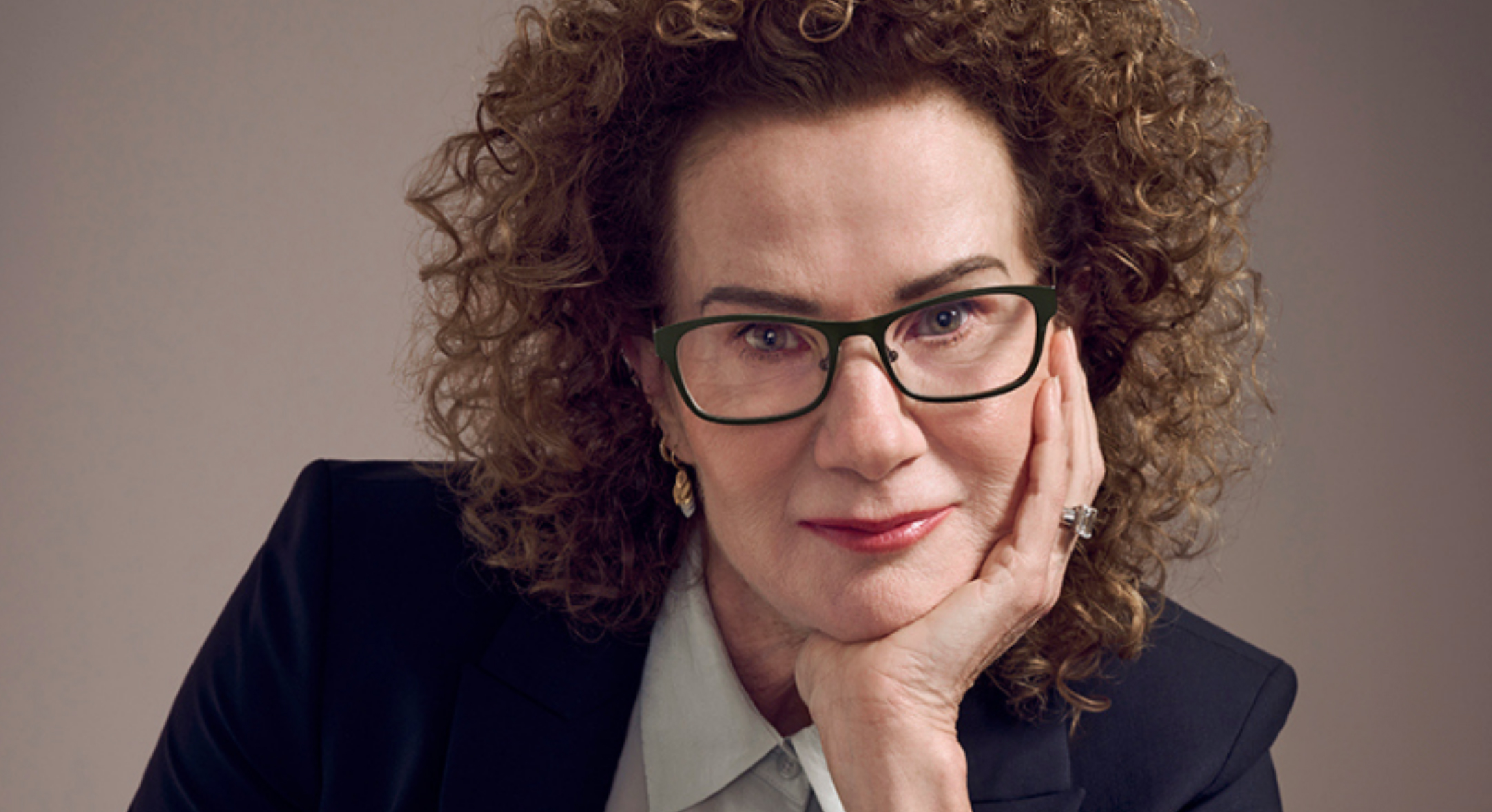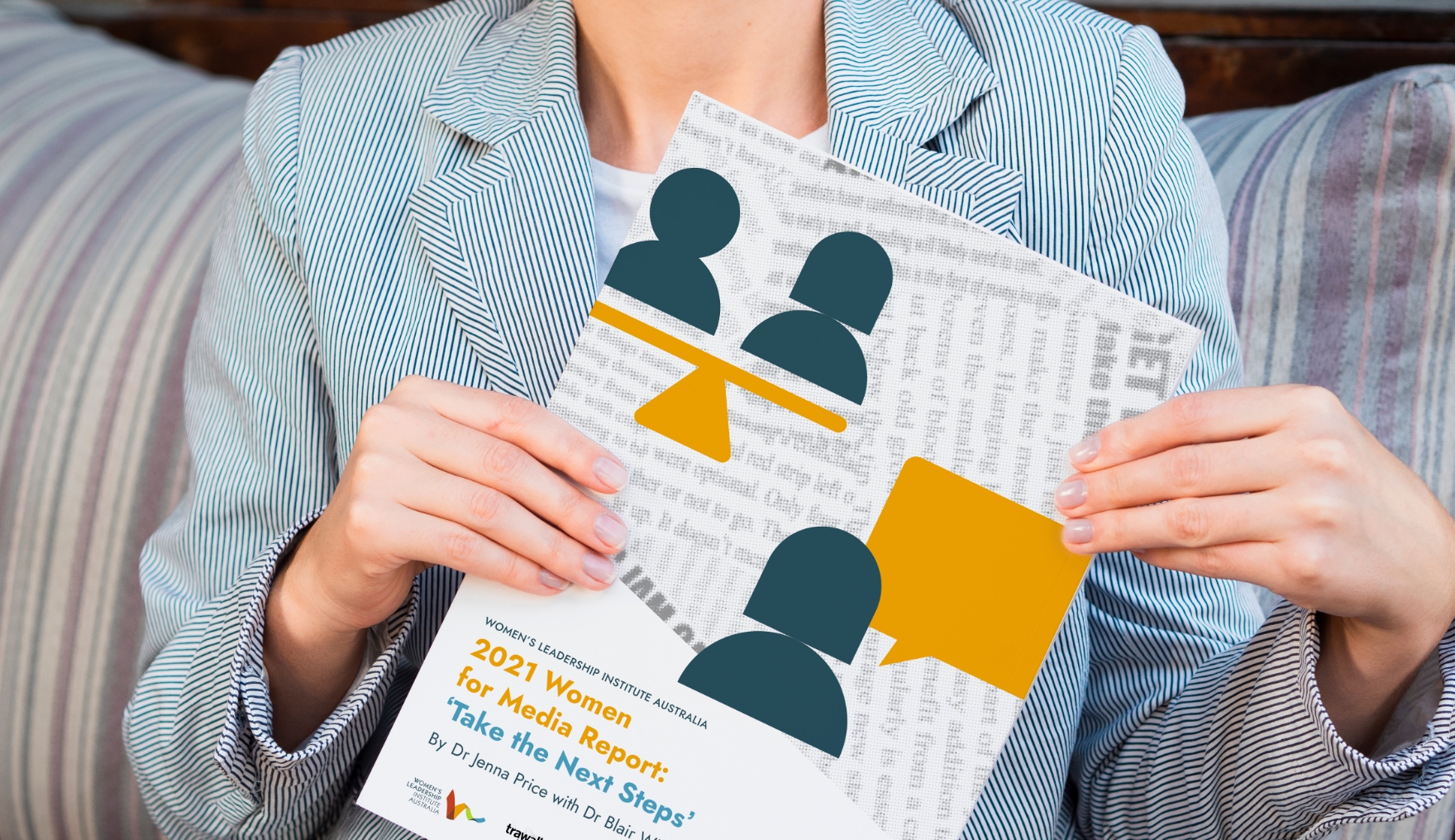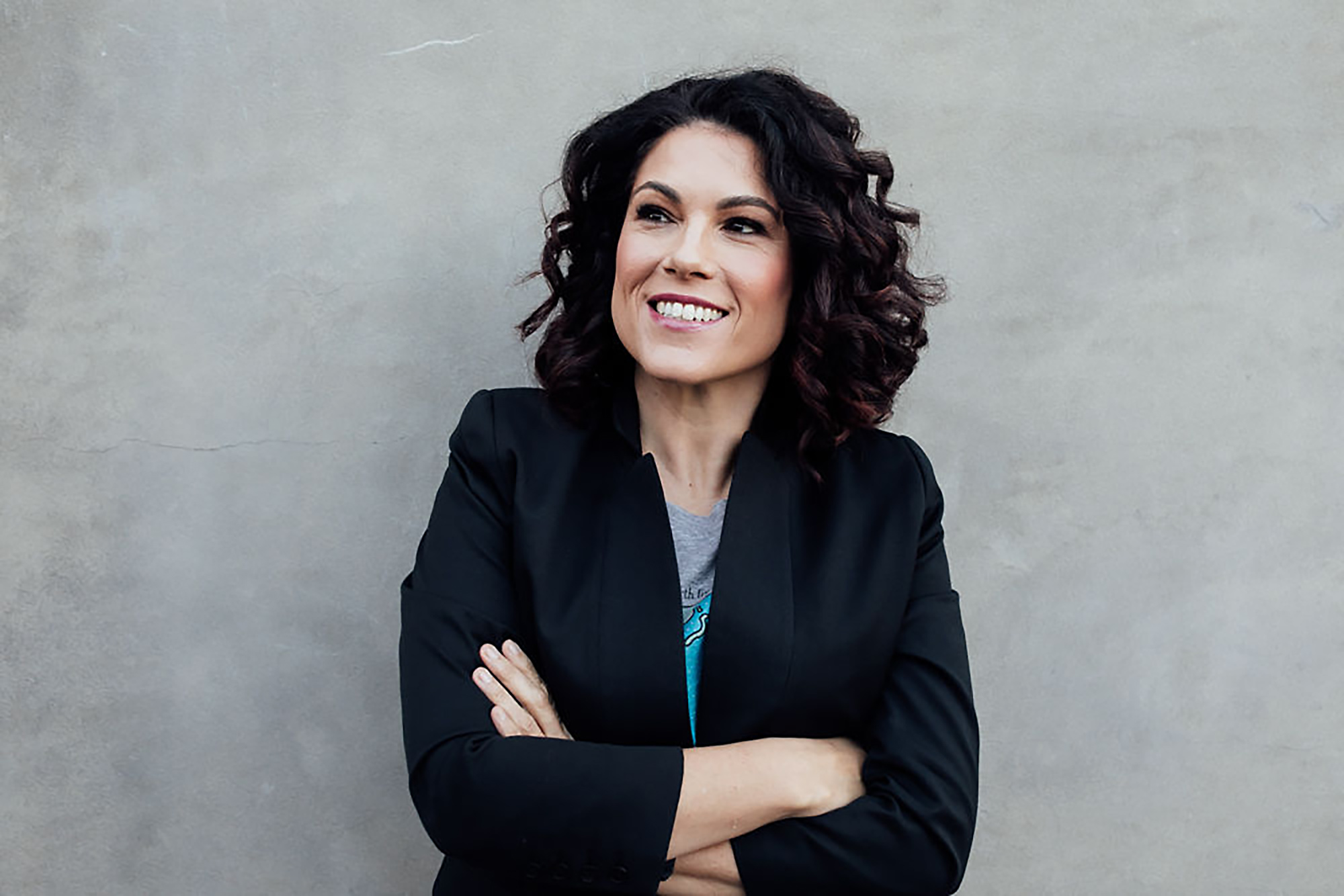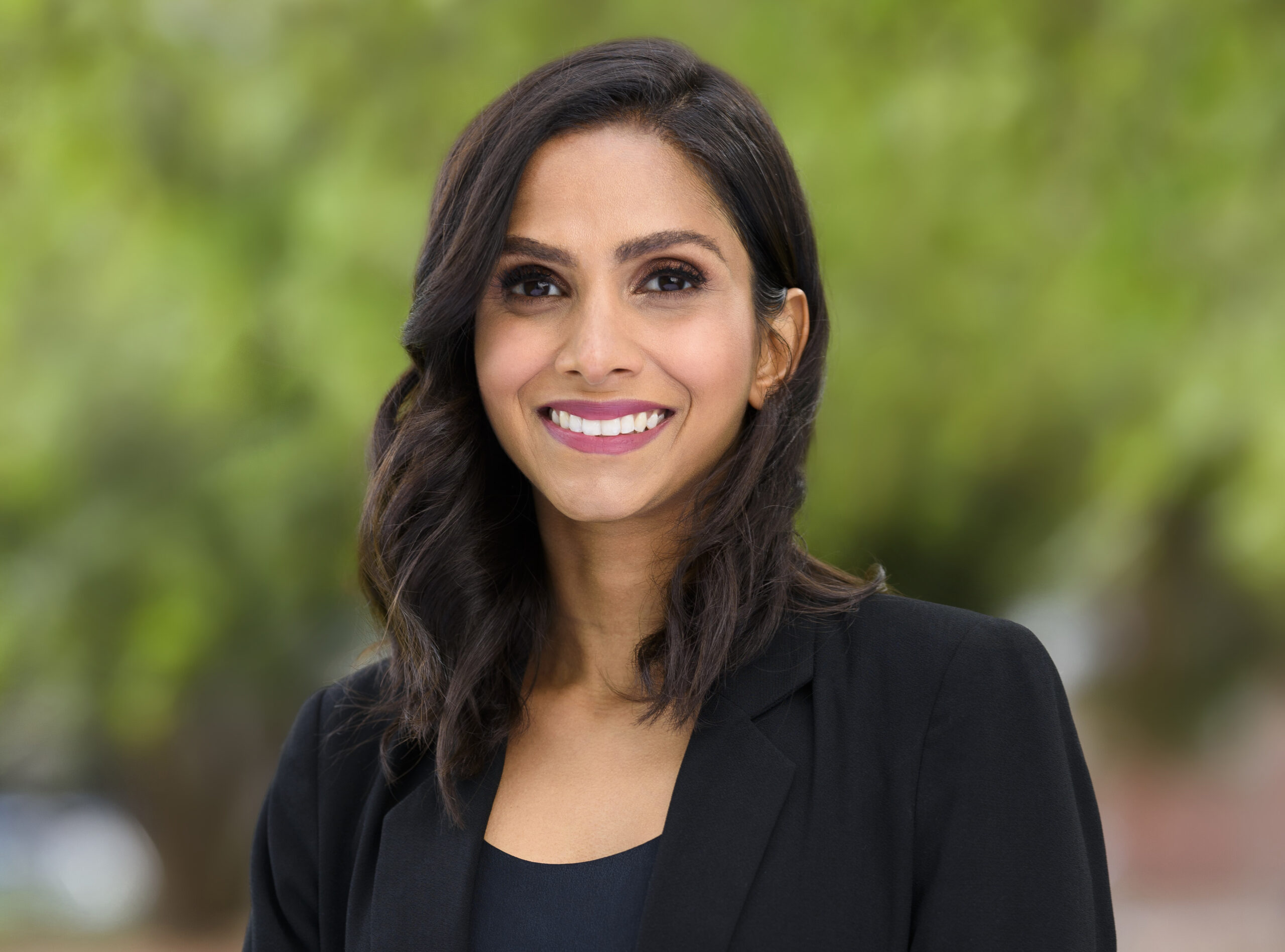Founded by
Carol Schwartz AO,
Women’s Leadership Institute Australia is focused on growing the critical mass of diverse women leaders – because we’re firm believers that shared power and decision-making between men and women leads to better outcomes for all Australians.
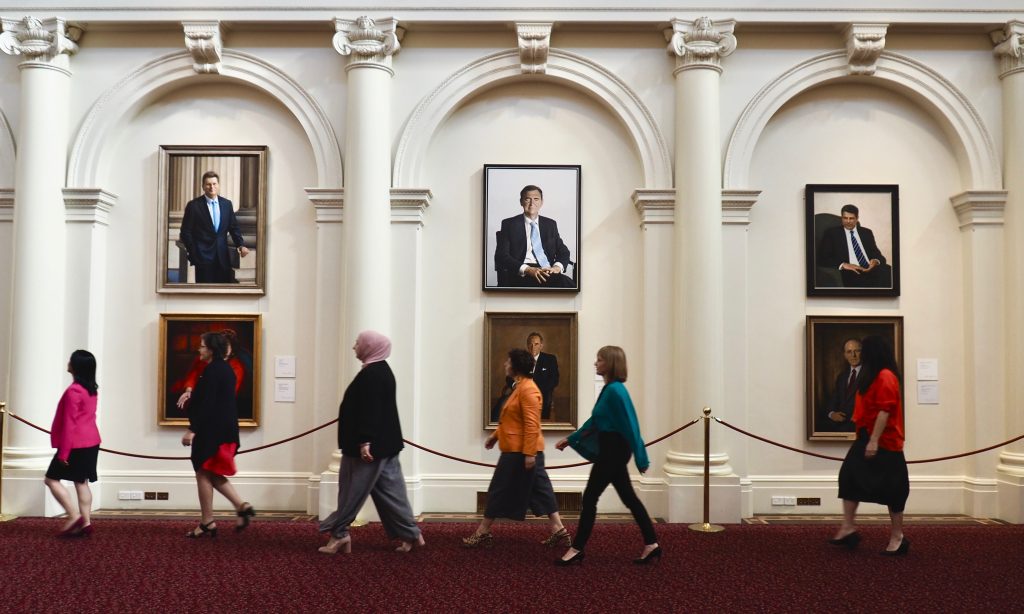
Levers for change
We see politics, media, policymaking and capital as pivotal engines for propelling gender equality forward. So, we focus on high-impact investments, strategic partnerships and groundbreaking research in these four influential spheres.
Resources & tools
Read, use, act. These resources are here to equip you to drive real progress in politics, policy, media, business and beyond.
